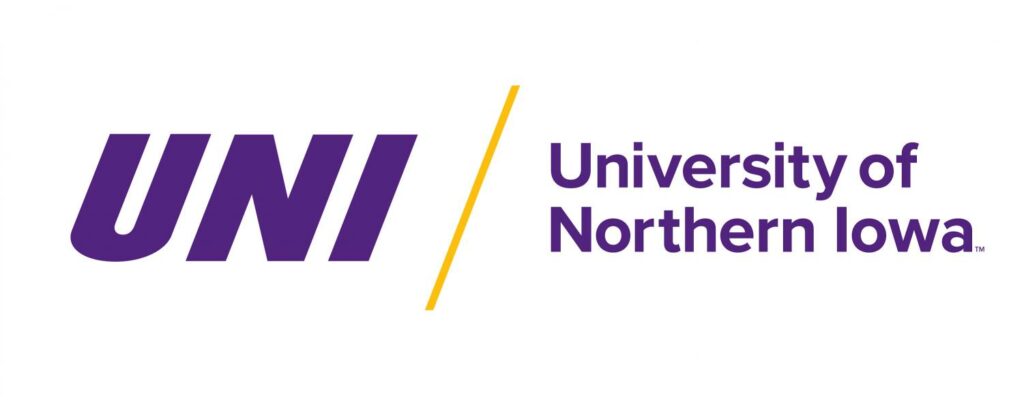Teresa Zilk: ‘Everybody has wisdom’

Teresa Zilk believes in the power of storytelling. For the last year, Zilk has been introducing intimate audiences in Des Moines to local women of color who volunteer to talk about their experiences publicly at Stories to Tell My Daughter, which will host its last storytelling event before a temporary hiatus on Sunday, July 21, in the Viking Theater at Grand View University.
“When people try to describe it to other people, they always say it’s kind of hard to describe. … It’s kind of a support group-meets-Oprah’s master class,” Zilk said. “The people who come, some of them are the family members and friends of the storytellers that are coming, but some of them are just people in the community who are just showing up. It’s something that they enjoy, and the feedback is it’s just a very moving experience.”
Tickets are available on Eventbrite or by contacting Zilk through the Stories to Tell My DaughterFacebook page.
What inspired you to launch Stories to Tell My Daughter?
When I first started, I looked around the circle of women that I knew or women that I wanted to know. I had to draw up my courage to do this, of course, but they said yes. I’m always thankful that they took that leap of faith with me, because it really was a leap of faith. … I refer to their stories as wisdom stories or healing stories. All of them are stories that teach you something, a lesson to be learned. But because these are directed toward women, and they’re directed toward African American women and women of color, I just felt that it was important that a safe space be created where they could share their wisdom and the things they’ve learned in life.
I think wisdom does not belong to someone just because they’re older. We all have experiences that we can share that make us wise.
Generally, what kinds of experiences are people sharing?
When we did it last July, someone talked about supernatural experiences, it had a spiritual bent to it. Someone talked about losing a [pregnancy], and because they lost the child, they also found that there was a tumor that they were carrying. … It was a heartbreaking story. We have stories about rapes, stories about coming from another country and pursuing an education. Generally, stories about being strong and resilient, and learning to stand in your power.
It’s amazing to watch what happens to the people that are sitting in the audience sometimes. I’m usually just standing on the side watching, and I usually look out into the audience and the looks on their faces. I think that storytelling is truly a way to connect people, and truly a way to teach empathy.
How has this developed community among women?
I like to say we’re building a community, but we don’t have monthly meetups, there’s nothing like that. But they keep returning again and again and again. Someone inevitably will send me a message or an email, telling me how it affected them, or they’ll come up to someone that has been in it.
There was a woman, one of the storytellers with the very first show, she told a story about having an eating disorder in college, and had a woman come out of the audience. She said, “I know that story. That’s my daughter’s story.”
It’s done always in an intimate setting. … It’s set up that way on purpose; everything about it is purposeful. I wanted people to have an emotional connection.
Why is it titled “Stories to Tell My Daughter”?
I’ve lived in multiple homes, so I had lots of mothers. And those women, I absorbed all their stories, I absorbed all of their wisdom. I just thought, “Stories to Tell My Daughter,” that made sense. You don’t necessarily have to have a daughter or a biological daughter, but everybody has wisdom, they have stories, they have some experience they can share that another person can benefit from.
What has it been like to see this event grow?
I’m very passionate about it. It’s deeply satisfying to go after your heart’s desires.
I would like to be able to travel with it, actually. I’ve had requests to travel with it, and I would like to be able to take it other places. In 2019, one of my goals was to do a storytelling workshop. It wasn’t necessarily based on this, but I would like to start doing workshops based upon what I do with this. I did [the workshop] for the ACLU, it was storytelling as a tool for activism. I was happy to do it, and I got really good feedback from it, so that helped.
What is coming up next for you?
I’m going to take a little bit of a hiatus. I’m working on a guided journal. It’s probably going to be self-published.
There’s a lot of power in owning and telling your own story … and that’s why I believe that storytelling is impactful. When we tell stories that allow for connection, and that are purposed for empathy, we can make huge changes and huge strides.










